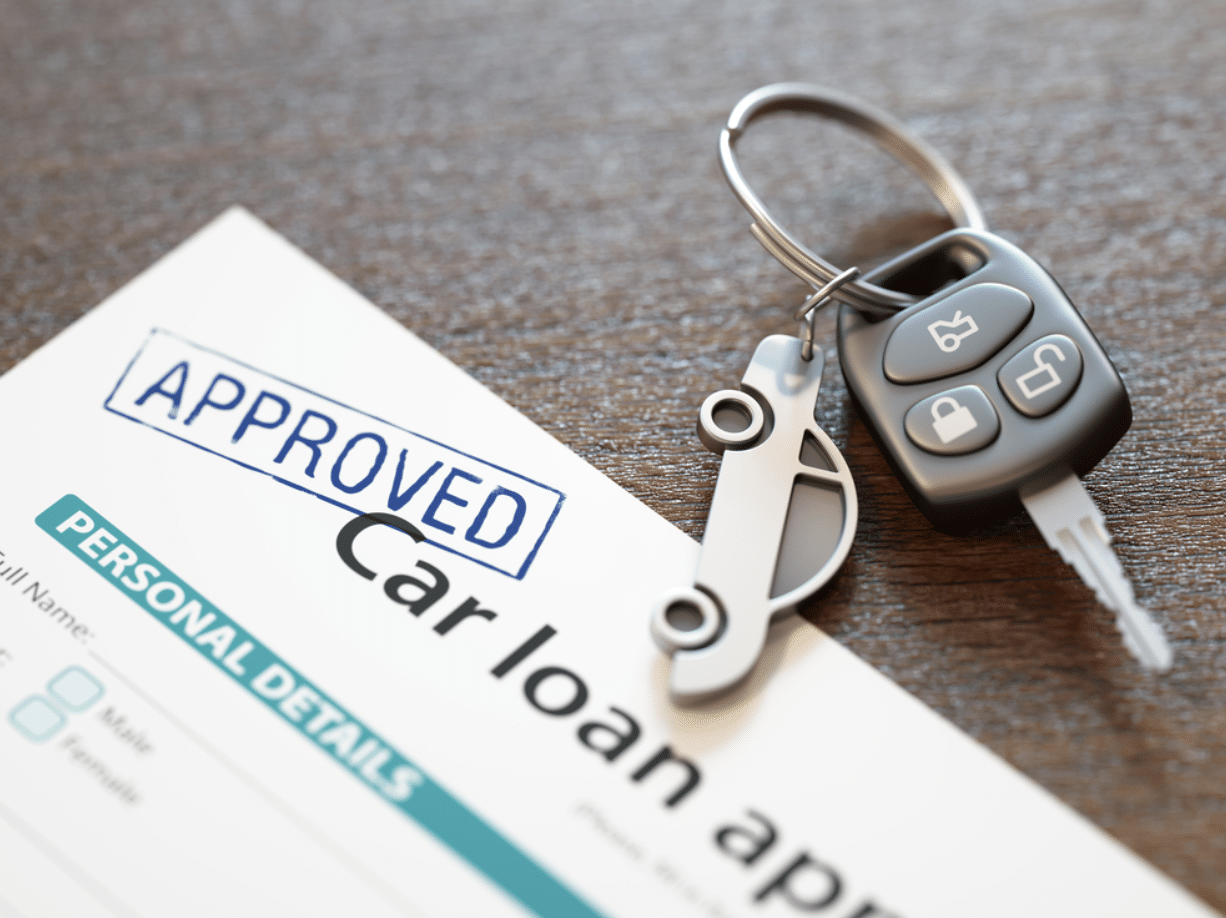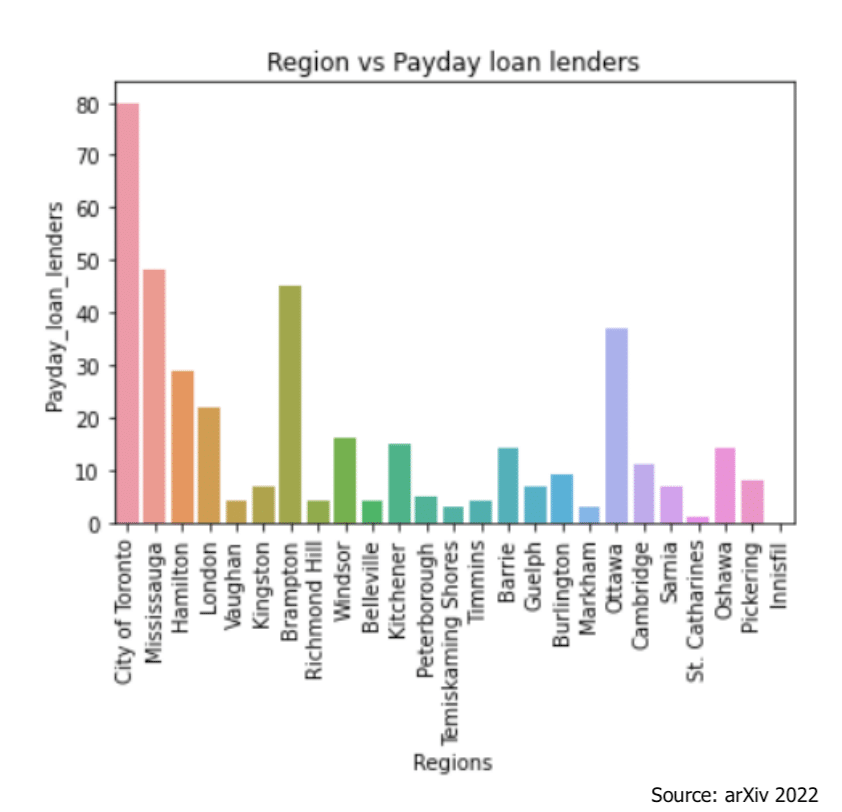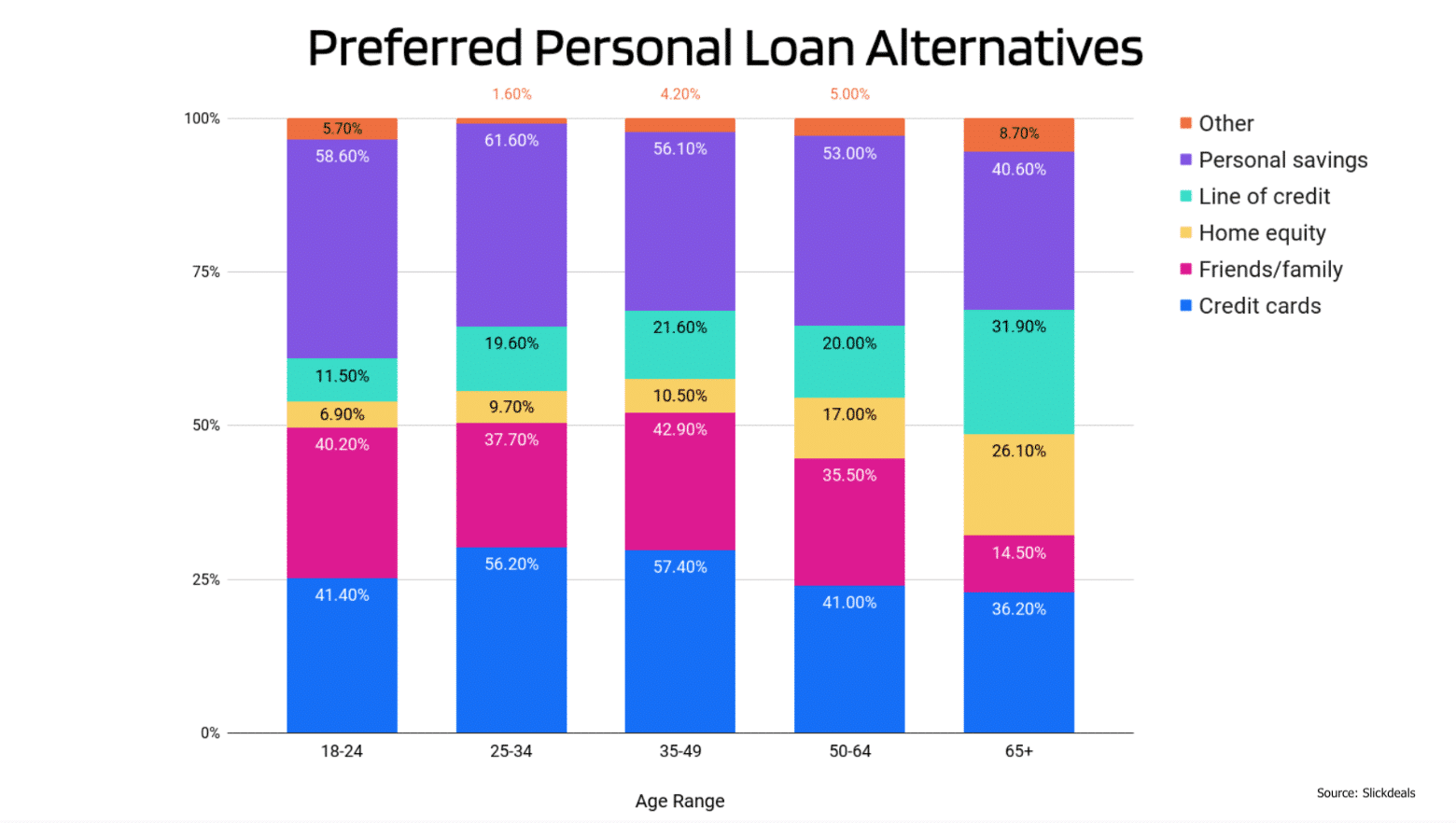What Canadian Car Buyers Can Expect to Pay in Interest And How to Get the Best Rate
Thinking about buying a car and wondering what kind of interest rate you might get on a loan in Canada?
You’re definitely not alone. It’s important to understand that your car loan interest rates can help you make a smarter financial decision.
Rates in Canada can vary quite a bit depending on a few factors, like your credit score, the type of vehicle, the lender you choose, and even the province you’re in. Some people may qualify for rates as low as 0% through dealership promotions, while others might see rates in the double digits if their credit isn’t in great shape.
Before refinancing, try our auto loan refinancing calculator to see potential savings on your monthly payment.
So let’s take a look at the average rates, what impacts them, and how you can improve your chances of locking in a better deal on your next car loan.
What’s the Average Car Loan Interest Rate in Canada?
One of the first questions you’re probably asking is, “What kind of interest rate should I expect?” On average, vehicle loan interest rates in Canada typically range from 4% to 8% for borrowers with good credit. If your credit is excellent, you might even qualify for rates as low as 0% to 2.99%, especially on promotional deals for new cars.
However, if your credit isn’t in great shape, rates can climb into the double digits, sometimes 12% or more.
The type of vehicle (new or used), the length of the loan term, and whether you’re borrowing through a dealership, bank, or alternative lender are all additional factors you need to consider as well.
It’s a good idea to shop around and get pre-approved so you have a clear picture of what’s realistic for your situation, and so you’re not surprised by the final offer.
Factors That Influence Your Vehicle Loan Rate
When it comes to vehicle loan interest rates, there really is no “one size fits all” sorta speak.
Your rate depends on a mix of personal and financial factors. One of the biggest influences is your credit score. The higher your score, the more likely you are to get a lower interest rate.
Lenders see you as less risky, so they reward that with better terms. Next up is the type of vehicle; new cars often come with lower rates, especially if there are dealership promotions, while used cars tend to carry slightly higher rates.
Your loan term matters too; shorter terms usually mean lower rates, while longer terms may cost more in interest over time.
Don’t forget about your income, employment history, and even the lender you choose. banks, credit unions, and dealerships all offer different rates.
New vs. Used Car Loans
When you buy a new car, one of the first decisions you’ll face is whether to buy new or used, and that choice can really impact your loan.
Generally, new car loans tend to come with lower interest rates, especially when dealerships offer promotional financing like 0% or low APR deals. The only downside to that is that new cars are more expensive, and they depreciate quickly.
With that being said, used car loans usually have higher interest rates because lenders see them as a bigger risk.
However, since used cars cost less upfront, your monthly payments might still be lower overall. It really comes down to what fits your budget and how long you plan to keep the vehicle.
If you’re focused on affordability and don’t mind a little mileage, a used car might make sense, even if the rate’s a bit higher.
At the end of the day, knowing the typical vehicle loan interest rates in Canada can really help you feel more confident when it’s time to finance your next car.
While rates can vary depending on things like your credit score, the vehicle’s age, and the lender you choose, having a general idea of what’s normal gives you a solid starting point.
To make the process even easier, consider using Smarter Loans. We are a trusted online platform that helps Canadians compare vehicle loan providers in one convenient place. You can explore interest rates, terms, and lender reviews all in one spot, which saves you time and helps you avoid unnecessary costs.
We provide you with the tools to make a confident and informed decision.
So are you ready to start comparing?














